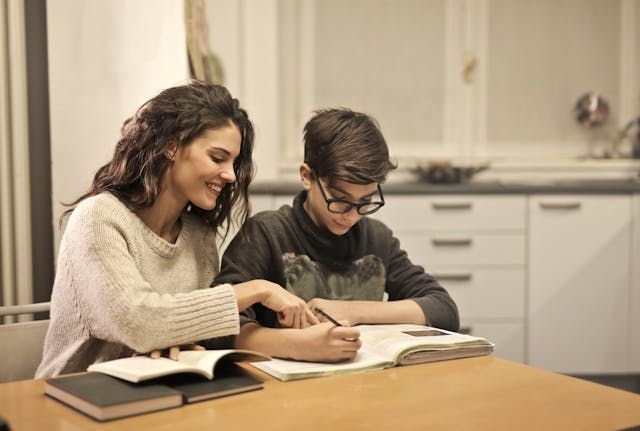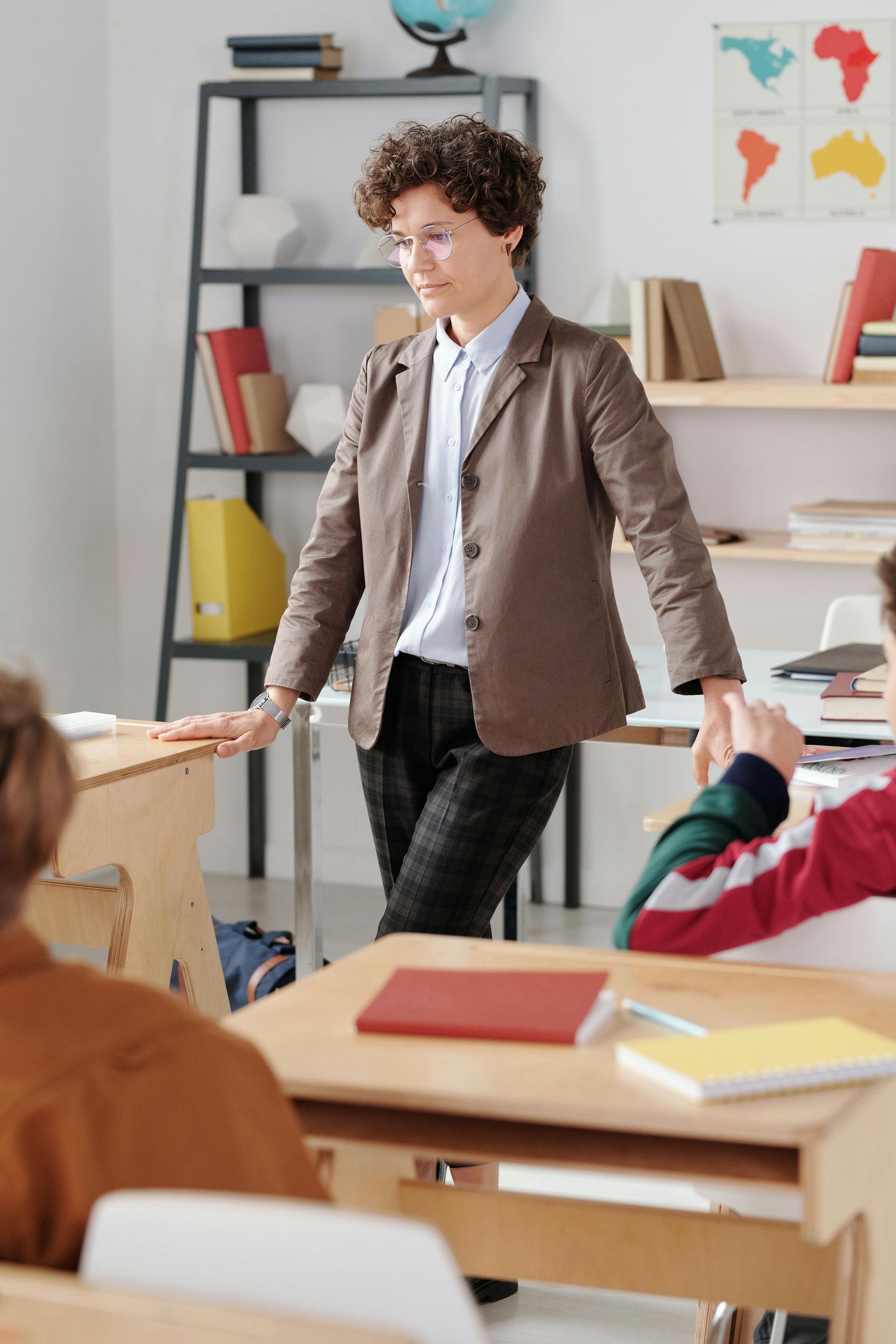5 Reasons Why Magic is So Effective for School Assemblies
Does your child love magic? Chances are if they have seen magic, they like it. Many children love magic…along with adults! But magic is more than just a fun form of entertainment. Magic is incredibly useful as a teaching tool. But why?
I’m Joe Romano, a school assembly performer with over three decades of experience. After performing magic in schools across the Northeast, I know first-hand how effective magic can be for education. My school assemblies have thrilled children and faculty in Virginia, Maryland, Pennsylvania, New Jersey, and Washington DC just to name a few.
Each month I write informative articles for my blog designed to help busy parents and school administrators. This article will explore five reasons why magic works so well in educational assembly programs.
Magic in School Assemblies #1: It’s Visual!
When we speak to children to educate, we are using our voices. Simple enough. But magic is highly visual. It engages the senses. It gives children something to see and focus on.
And it engages another sense. If you can involve more than one sense, you have a better shot at the children remembering the lessons or concepts. Visual magic is even easier to use for education if certain vocabulary words or lessons are incorporated into the props themselves.
Kids hear the message and see it connected with a fun magic trick.
Magic in School Assemblies #2: It’s Interactive!
Visual is good for education. Hearing the messages works too. Combine the two and you increase the likelihood the children remember the concept but get them actively involved and retention goes through the roof!
When children get in on the action, they are far more likely to retain key pieces of information. Again, the more senses you involve the better. People prefer different forms of learning.
More Senses = More Retention
If you’re a teacher reading this, you already know this. There are kids in your class who learn best by listening. Others learn by seeing the information. And still others learn best by doing – that is, ‘getting their hands dirty.’
But if you engage all of these senses, the children retain even more information.
Magic in School Assemblies #3: It’s Surprising!
At its core, magic is built on surprise. Even when the magician tells the audience something amazing will happen, the audience doesn’t fully believe it until they see it for themselves. Let’s take a brief detour to examine the mind.
The Mind’s Structure
Think of our brain as our body’s computer, it’s hard drive. Think of the mind as its software. In our minds, we have the Subconscious, Conscious, and Critical Factor. The Subconscious is where our imagination, emotions, and long-term memories live.
The Conscious Mind holds our logic, will power, and short-term memories. Our Critical Factor blocks new information that contradicts with the Subconscious. Here’s a simple example.
As we get older, we learn about gravity. We learn that falling down hurts. So, if someone tried to convince us we would fly like Superman if we jumped off our roof, well, we wouldn’t do it.
This protective mechanism helps us, but sometimes makes absorbing new useful information a bit more challenging.
Magic Helps Information Enter the Subconscious
Because magic is so surprising, it has another benefit. The surprise opens up their mind, temporarily getting past the Critical Factor of the mind. The audience sees something incredible, something that should be impossible, so their logic and reasoning go out the window for a moment.
The result? Those critical lessons that assembly performers like me deliver get readily accepted into the audience’s subconscious mind with a lot less resistance.
Magic in School Assemblies #4: It’s Funny!
Well, magic can be funny. There are many performers who only do very dramatic magic. But for children, laughter rules. The more we laugh, the easier it is to retain information. Laughter ‘loosens up the neurology,’ letting new information into the mind easier and faster.
Plus, it’s just fun!
Magic in School Assemblies #5: It Fires Up the Imagination!
Do you remember what it was like to be a child? Depending on your background or culture, maybe you believe in Santa Claus or the Tooth Fairy. Stimulating the imagination is good for children.
Children with good imaginations often develop into superior problem solvers. Being able to use their imagination to aid their creativity and different ways of looking at a problem is incredibly beneficial for developing children.
And what fires up the imagination more than magic? Not much! Good magic helps children imagine different possibilities. It helps them believe anything is possible. Yes, as kids get older, they need a healthy does of reality to deal with the world. But holding on to their imagination helps them advance in their studies and their careers.
A Magical School Assembly for Your School
Looking for an amazing educational experience for your school? Bring one of my ultimate school assemblies to YOUR school! Contact me today for more information.
SHARE POST



